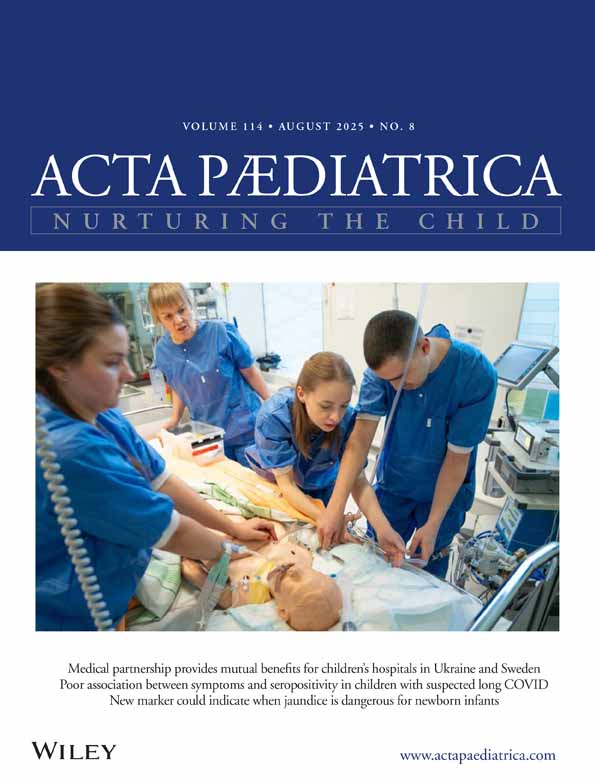Corticosteroid Treatment of Maternal ITP and Risk of Neonatal Thrombocytopenia
Abstract
ABSTRACT. Maternal ITP is associated with a high risk of thrombocytopenia in the fetus and newborn infant. Methods of predicting this risk include determinations of maternal platelet count and platelet-associated IgG prior to delivery. In this report we show that prednisolone treatment normalized maternal platelet count and platelet-associated IgG without eliminating circulating platelet antibodies, which thus crossed the placenta and rendered the infant severely thrombocytopenia. Determination of maternal circulating platelet antibodies may be the best way of predicting infant thrombocytopenia, especially if the mother has received corticosteroids.




